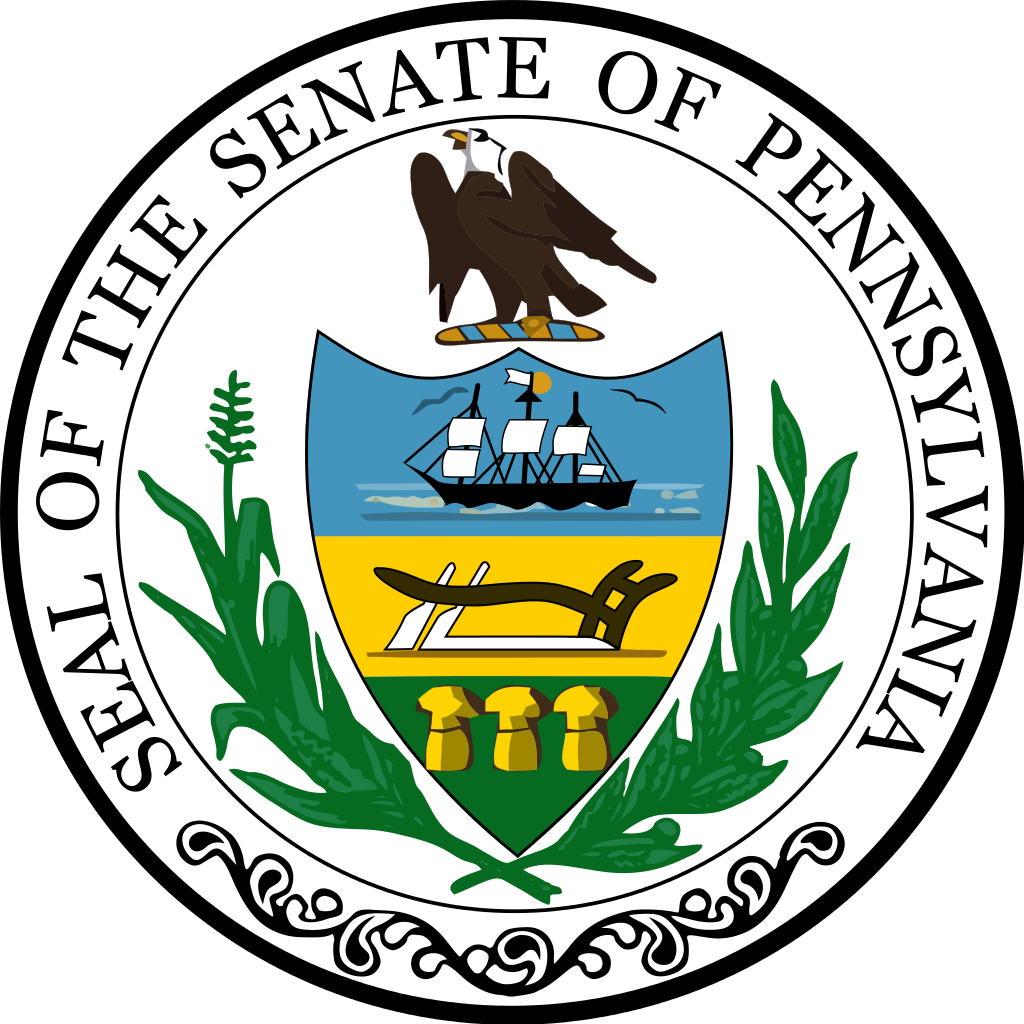Member Biography
Alexander Mahon Sr.

Biography
Alexander M. Mahon, Sr. (D13) Cumberland and Perry Counties, 1821-1822 (D16) Cumberland and Perry Counties 1822-1828
Early Life:
Alexander M. Mahon, Sr., born 1782, Peters Township, Cumberland County, Pennsylvania; son of David A and Sarah Doughtery Mahon; Dickinson College, 1805; married, Mary Fisher Mahon, 1815, children, David Wilson Mahon, Jane Mahon, Charles Mahon, Frances (Fanny) Mahon, Mary Elizabeth Mahon; Kennard Mcconaughy Mahon, Alexander M Mahon; attorney, admitted, Cumberland County bar, 1808, Perry County bar, 1821; elected, Democrat, Pennsylvania State Senate, 1820-1827, Speaker of Pennsylvania Senate, 1825-1827; trustee, Dickinson College, 1820-1827; Pennsylvania State Treasurer, 1827-1835; Auditor, Chief Clerk, United States Treasury Department 1837-1849; died, December 9, 1855 (aged 72–73), lingering illness, completely blind, Harrisburg, Dauphin County, Pennsylvania. Burial location unknown.
Pennsylvania Politics:
Elected, Democrat, Pennsylvania State Senate, 13th district, Cumberland and Perry Counties, 1821-1822; Democrat, Pennsylvania State Senate, 16th district, Cumberland and Perry Counties, 1822-1828, Speaker of Pennsylvania Senate, 1825-1827; resigned his seat, January 1828, replaced by Jesse Miller, who took his seat in February 1828.
Pennsylvania State Treasurer, 1827-1835.
Continued Government Service/National Politics:
Auditor, Chief Clerk, United States Treasury Department 1837-1849.
Cited:
Cox, Harold. "Senate Members M". Wilkes University Election Statistics Project. Wilkes University.
History of Cumberland County, Pennsylvania (Chicago: Warner, Beers, and Company, 1886), page 155.
Conway P. Wing, History of Cumberland County, Pennsylvania (Philadelphia: James D. Scott, 1879), page. 165.
Charles Coleman Sellers, A History of Dickinson College (Carlisle: Dickinson College, 1973), page 182.
A New Nation Votes (tufts.edu)
Alexander M. Mahon Sr. (1782-1855) - Find a Grave Memorial